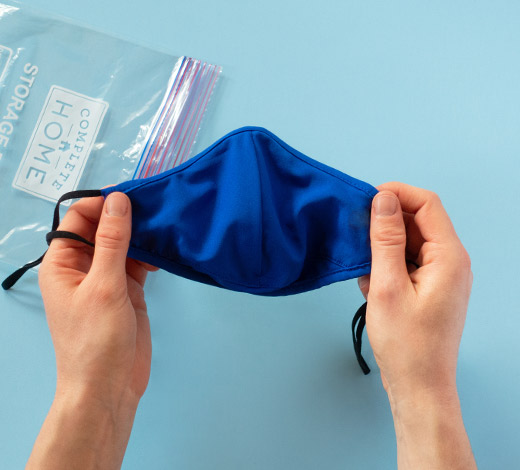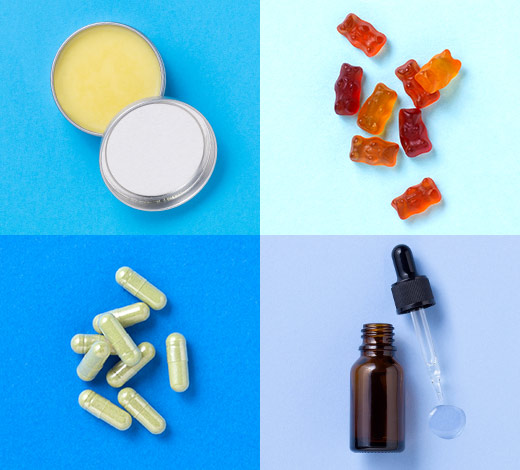A key indicator according to the American Academy of Pediatrics—if cold symptoms aren’t bothering your child, they don’t need medicine or home remedies. Many children with a cough or nasal congestion are happy, play normally and sleep peacefully. Only treat symptoms if they cause discomfort, interrupt sleep or really bother your child (for example, a hacking cough).
The best you can do is to help make your child comfortable. Make sure your child gets extra rest and drinks lots of fluids.
Follow these guidelines when treating your sick child, and consult your physician or pharmacist for more information.
2 and under
- Cautions: No cough/cold products because of life-threatening side effects. Side effects from decongestants or antihistamines in this age group are could include convulsions, rapid heart rates and death.1
- Solutions:
- For a runny nose: Use nasal drops to loosen up dried mucus, followed by blowing or suctioning the nose. For infants on a bottle or breast, use nose drops before feedings.1
- For coughs: Make sure your child gets between 5 – 15 mL of warm, clear liquids 4 times per day. Avoid giving honey to infants under 1 because it can cause infantile botulism.1
4–6 years old
- Cautions: Children’s OTC cough and cold medicines can be harmful to this age group if the dosages are too high, given too often or more product with the same ingredient is used.2
- Solutions:
- For a runny nose: Rinse with a nasal spray or drops, then have them blow out excess mucus. Don’t have saline solution? Make your own by mixing 2 mL of table salt to 240 mL of warm tap water. Keeping a cool-mist humidifier in their room can also relieve a stuffy nose to help keep your nose from drying out. Just to be sure to sanitize and dry it out during the day to avoid mold.3
- For coughs: Mix warm water with a half teaspoon of honey to ease a scratchy throat. Cough drops may be given to kids over 4, but could be a potential choking hazard.1
6–11 years old
- Cautions: With careful attention to dosage and instructions, and consulting your pharmacist, children’s cold medicine should be safe to use for this age group. Do not give any adult medicines to this age group.3
- Solutions:
- Dosages are often measured by your child’s weight, so be sure you have recent reading of their current size.3
- Read labels carefully and look for medicines that will treat only the symptoms your child has. Store all medicines in their original packaging, in a cool, dry place, away and out of reach for young children.2
Sources:
- American Academy of Pediatrics, Coughs and Colds: Medicines or Home Remedies https://www.healthychildren.org/English/health-issues/conditions/chest-lungs/Pages/Coughs-and-Colds-Medicines-or-Home-Remedies.aspx
- U.S. Food and Drug Administration, Use Caution When Giving Cough and Cold Products to Kids, https://www.fda.gov/drugs/resourcesforyou/specialfeatures/ucm263948.htm
- American Academy of Pediatrics, Caring for your Child’s Cold or Flu https://www.healthychildren.org/English/safety-prevention/at-home/medication-safety/Pages/How-to-Manage-Colds-and-Flu.aspx


